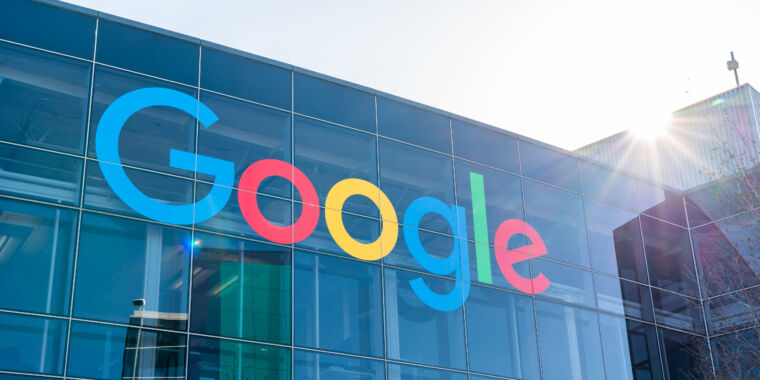
French news sites prevailed during negotiations with Google over ‘neighboring rights’, a new legal right granted by the EU Copyright Act of 2019. According to Google, an agreement between Google and the French news industry provides a framework within which Google will negotiate individual license agreements with individual news organizations. Under these deals, French news articles will appear in a new Google product called News Showcase.
This is not the outcome Google wanted. European news organizations have been trying for years to force Google to pay them for the privilege of indexing their articles, and for years Google has flatly refused to do so. When Spain passed legislation in 2014 to force Google to pay to link to Spanish News organizations, Google responded by closing Google News in Spain.
Google tried to use the same playbook in France after accepting EU copyright. France was the first country to transpose the EU directive into its own laws. In 2019, Google announced that they would no longer show ‘snippets’ of French news articles in the search results. Google believed that it would only be in line with the new legislation if only news reports appeared, and not short excerpts from articles.
But the move resulted in a reprimand from the French competition regulator, who believes the move was likely an abuse of Google’s monopolistic power. Google has about 90 percent of the French search market. The French competition authority believes that the transaction that Google offered to news sites – let us index your site for free, otherwise we will not index it at all – is an abuse of market power and contrary to the spirit of the new French law .
French authorities have ordered Google to enter into “good faith negotiations” with the news industry to decide how much Google would charge news sites for their content. And they made it clear that the number should not be zero.
These negotiations were apparently successful, although Google’s announcement provided little detail about the new framework.
“The remuneration contained in these license agreements is based on criteria such as the publisher’s contribution to political and general information, the daily volume of publications and the monthly internet traffic,” according to the announcement.
The agreement is particularly important because it provides a model for other European countries that want to force Google to transfer cash to their own news sites.
In the past, Google’s hardball tactics have deterred most European countries from trying to force Google to pay. But with the acceptance of the EU copyright mandate, European countries have formed a united front against Google, making it much harder for Google to resist. Google’s capitulation in France will weaken its negotiating position as other European countries pass their own versions of French law and news organizations in other countries set up their share of Google cash.
